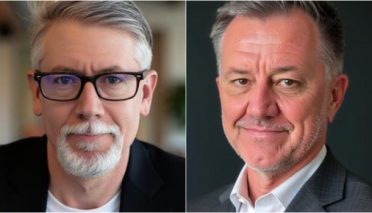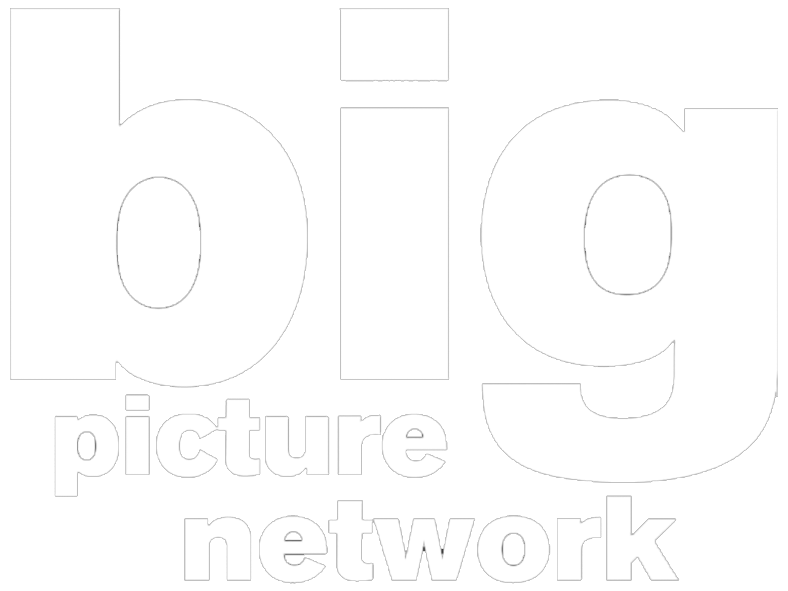Vania Schlogel, founder of private equity firm Atwater Capital and chair of Mediawan US, says the easing of US interest rates will mean less pressure on the major studios and streamers, which will ‘defrost’ investment and get the industry moving again.

Vania Schlogel
Given the scope of the challenges facing the audiovisual sector and some of its biggest companies, it can sometimes be tricky to find someone with a legitimately optimistic take on the future of the business.
But 30 minutes chatting with Vania Schlogel, founder and managing partner of entertainment-focused private equity firm Atwater Capital and chair of the board of Leonine Studios, might make you see things in a slightly different light.
LA-based Atwater Capital has been a robust investor in the media space over the past seven years, with investments in companies such as US studio Wiip (Mare of Easttown, The Summer I Turned Pretty), Germany’s Leonine Studios and its parent company, France’s Mediawan.
Her belief is that the recent cuts in US interest rates will unfreeze the capital markets at large, trickling down to Hollywood – and, by extension, other parts of the global content economy – and easing the immense financial pressures that have led to such abrupt cuts over the past two years. The net result: a greater volume of content being commissioned.
“The market is going to defrost now that the [Federal Reserve] has just started cutting interest rates this year, which will slowly work its way through and have a knock-on effect that impacts Hollywood,” Schlogel tells C21.
“Because what has happened is: when the Fed held rates at 23-year highs, it seized up Wall Street, which seizes up capital, and when capital is not flowing, it has a trickle-down effect all the way to the operating facets of content creation. And so, I think 2025 is going to be a much more positive year once the impact of the Fed cuts to interest rates flows through.”

Kate Winslet in Mare of Easttown
Now, that doesn’t necessarily mean that private equity investors will be looking to invest in any production company with a few big shows under its belt. Schlogel says that, more than ever, investors are looking to get behind companies with two things: a track record of “truly tier-one content” and a library that can be exploited.
She cites US-based prodco Plan B Entertainment as an example of the kind of “systematic” consistency that investors are drawn to.
Schlogel, who was formerly the chief investment officer at Jay Z’s Roc Nation and a principal at private equity giant KKR, played a key role in the deal that saw Mediawan acquire a majority stake in Brad Pitt’s Plan B Entertainment (3 Body Problem, Beautiful Boy, The OA) last year. She is now the chairwoman of the board at Mediawan US, the holding company for Plan B.
A sustained pipeline of high-quality programming informed Mediawan’s decision to invest. “Awards aren’t everything, but if you look at the concentration of award nominations and wins, there’s a longitudinal track record of excellence in storytelling, and that’s a really difficult thing to achieve,” she says.
Schlogel’s definition of “tier-one” content doesn’t just mean big-budget shows with major star attachments. It can also be a well-realised artistic vision that “super-serves a certain demographic.”
“It doesn’t need to be some massive Marvel hit. It can be something where you right-size the budget and you’re super-serving a demographic that’s very loyal to you,” she says.

3 Body Problem is adapted from Liu Cixin’s sci-fi novel
The second “bright spot” from an investment standpoint is library, which Schlogel believes gives companies the freedom to grow without so much reliance on others.
“The reason why library is so empowering is that it provides recurring cashflows that can allow the owner to generate their own original content strategies, and to do that without being beholden to a streamer or major studio.
“A library is not just cashflow – it’s freedom. Creative freedom, the ability to greenlight, in addition to the more fundamental facets of a library being a big risk mitigant to the downside.”
Given the growing power of streaming platforms such as Netflix and Amazon – and the expectation of more consolidation among the major studios and streamers in the next two years – Schlogel argues there also needs to be more consolidation on the production side of the business to give content sellers the scale they need.
“In any market there is a supply side and a demand side, and on the demand side you’re facing down behemoths in the likes of Netflix or Amazon or some of the traditional buyers.
“On the supply side, in order to reach a certain level of unassailability, scale matters and portfolio diversification matters. In the absence of that, it’s really challenging to face a consolidating demand side, and extract the terms that you want to achieve.”
Atwater is pursuing a dual strategy, says Schlogel. On the one hand, it is continuing to help its portfolio companies grow through a mixture of organic and acquisitive growth. On the other, it is interested and actively evaluating new potential investment opportunities, especially for companies with IP, library and a strong record of producing excellent shows.
On the topic of artificial intelligence (AI), the veteran entertainment investor says she’s “optimistic” about the possibilities it presents in terms of how it “facilitates certain workflows, but not necessarily displacing people.” She recalls a sign held by a striking writing last year that read: “AI hasn’t experienced childhood trauma.”
“As funny as that sign is, it’s so true,” says Schlogel. “I don’t think it’s going to displace some of those core functionalities, hopefully, ever. But could it, for example, help a visual effects artist be more efficient with their time, or can it help with dubbing or de-ageing? Absolutely. It’s exciting to see how AI will supplement content creation.”
Of course, outside of AI, there are numerous potentially existential challenges facing the traditional audiovisual industry. Just as audiences have bounced from linear to streaming, they are now bouncing in their droves to social video platforms as viewers migrate to mobile apps like TikTok and Roblox.

Netflix fantasy The OA
The so-called ‘creator economy’ is a space that Atwater Capital has been invested in for six years. One of its first investments was Epidemic Sound, which claims to be the world’s largest music and sound effects catalogue. The service, created to give online creators the tools to incorporate sound into their videos without headaches around rights, says its songs and sound effects are “seen and heard over 2.5 billion times per day.”
“When we invested back in 2018, it was an early-stage company. Now it’s a behemoth that has scaled to profitability and it continues to super-serve its consumer base of online creators and understand what they need.”
More broadly, Schlogel says Atwater Capital is “very bullish” on the “continued explosion of amateurly produced” content on the internet.
A major question mark about the future of the industry is whether, to a greater or lesser degree, the traditional content business – meaning series and movies – will begin to converge with the creator economy.
Schlogel says she believes there will be “elements of convergence” but for the most part the two should and will remain in two distinct lanes. “Sometimes having a hit YouTube channel does not guarantee success for more professionally produced content. Sometimes the magic is in staying very true to your audience,” she says. “Overall, I think there should be two separate modalities that exist separately for a reason.”
And as audiences and advertisers continue to embrace the creator economy, is there a chance that major US studios become marginalised, or bypassed altogether, in that shift?
“If Hollywood is not careful about being on the cutting edge of that, then yes,” cautions Schlogel. “But with that being said, Hollywood has the benefit of ownership of some of the most beloved and well-known intellectual properties. So maybe rather than being displaced, it’s understanding just how to change the narrative towards interactivity.”
By interactivity, Schlogel means that the younger generation – which will in little more than a decade be household decision makers – are growing up on Roblox and have certain expectations around the level of customisation and interactivity with their media. “It’s almost a foregone conclusion that when that generation ages up, that’s when we’re going to have that wave of interactive content really ushered in,” suggest Schlogel.
Indeed, could that be the next major phase in how content is monetised? It is a question Schlogel is giving significant thought to at the moment. “It was subscription streaming. Now advertising-supported streaming. What’s the third wave? Is it ushered in by greater interactivity with content?” she asks.
Schlogel notes that in mobile gaming, interactivity was a major trend around five years ago but has since died down slightly. “Given how the younger generation interacts with content, I have a hard time believing there won’t be more interactivity with content in general. And more interactivity with content lends itself to unique monetisation methods akin to gaming,” she says.
“Do you purchase the ability to have a different ending [to a show or movie]? Is there AI that can, on the spot, generate the ending that you wanted? The permutations are endless and exciting to think about with greater technology.”














































